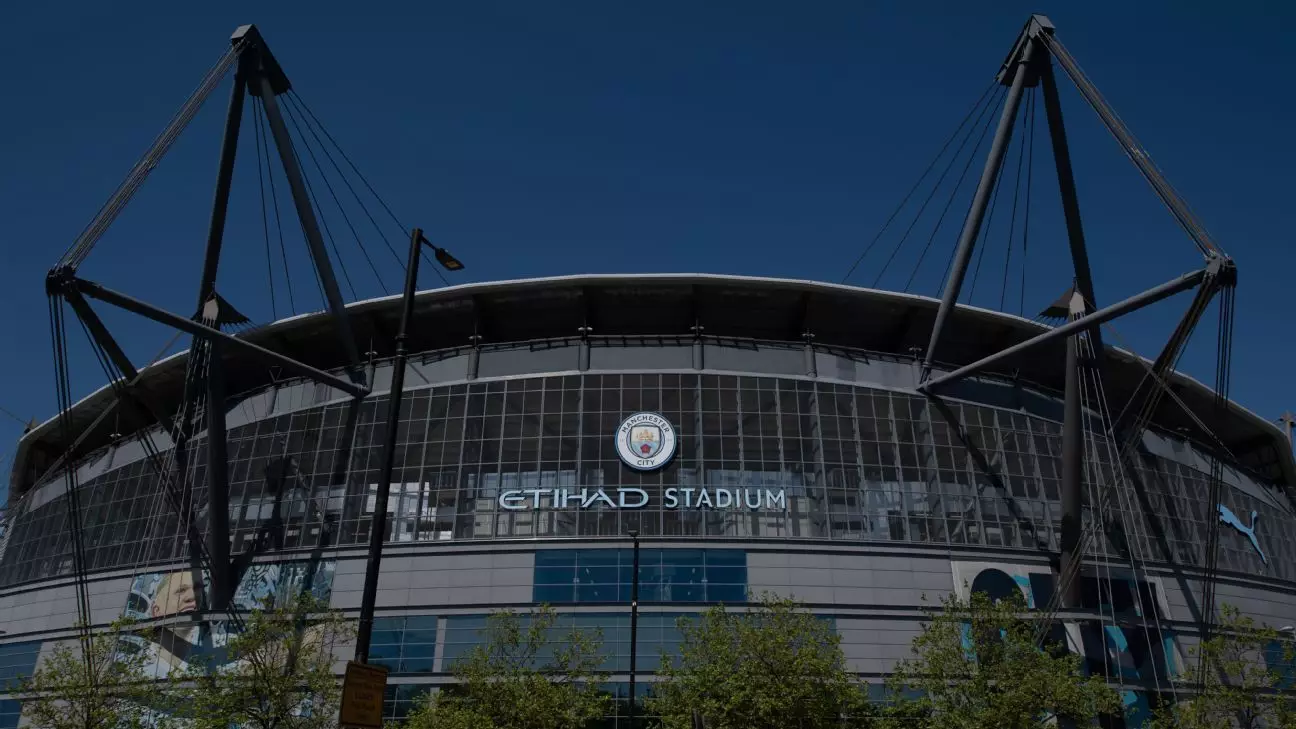The recent arbitration ruling regarding Manchester City’s challenge against the Premier League’s Associated Party Transactions (APT) regulations sends ripples through the football community, inciting discussions about the integrity and fairness of financial regulations within the sport. Here we dissect the implications of the ruling, the intricacies involved in commercial deals, and the potential consequences for all parties implicated in the case.
In June, Manchester City initiated legal proceedings against the Premier League, questioning the legitimacy of its APT rules, which were put in place to ensure that the sponsorship agreements tied to club owners reflect fair-market value. The case culminated in a 175-page ruling by an independent panel, which sought to clarify whether these regulations fairly govern commercial relationships in football. Given Manchester City’s ownership structure, predominantly linked to Sheikh Mansour bin Zayed al Nahyan from Abu Dhabi, the APT rules aim to stave off any perceived financial advantages that could arise from inflated dealings with associated entities.
For context, the Premier League implemented APT rules against the backdrop of numerous controversies following state-funded takeovers, such as that of Newcastle United, highlighting an urgent need to protect the financial health of clubs while maintaining competitive balance.
The arbitration panel’s verdict can be interpreted as a nuanced score-draw; Manchester City experienced some success while the Premier League also defended its framework. One significant conclusion was that the APT rules, while generally lawful, require amendments — primarily, they found the previous structure unsupported by legal standards based on the Competition Act of 1998. Thus, aspects concerning shareholder loans, often overlooked, became focal points for reform.
Importantly, any consideration of shareholder loans in future APT regulations could mark a pivotal change in the financial landscape of the Premier League. Many clubs have relied on such arrangements, often sidestepping the traditional competitive disadvantages that typically accompany commercial loans. This forthcoming shift may cause upheaval amongst clubs that depend heavily on these financing strategies.
In the aftermath, both Manchester City and the Premier League have attempted to frame the narrative in their favor. The Premier League hailed the ruling as a safeguard for its regulations, insisting that its APT framework was validated as part of the broader competitive structure. Conversely, Manchester City emphasized the ruling as a defeat for an oppressive regulatory grip on the club, asserting that the decision favored their challenge in principle.
Yet, both claims of victory may be overstated upon closer inspection. Neither party experienced the comprehensive triumph they might have envisioned before the arbitration process.
With the upcoming independent hearings concerning Manchester City’s compliance with financial regulations set to conclude by year-end, the implications of the APT ruling add an intricate layer to the situation. The damage this case could have inflicted on the Premier League’s reputation is now somewhat curtailed through mutual claims of mild success, which lessens the perceived severity of any forthcoming verdict.
Moreover, if the Premier League fails to adequately incorporate shareholder loans into its regulations, it risks opening a Pandora’s box of challenges from other clubs who may seek to take legal action. On the flip side, City now stands with a stronger posture heading into further hearings, given the panel’s acknowledgment of previously disregarded elements.
Ultimately, the APT ruling has highlighted the critical question of fairness within football’s financial ecosystem. The introduction of regulations aimed at preventing inflated sponsorship deals is a commendable attempt at leveling the playing field; however, the sector’s rapid commercial evolution calls for ever-adaptive approaches.
The ruling may compel the Premier League to reassess how it envisions the future of club finance. This could lead to broader discussions about transparency, fairness, and financial sustainability across football leagues worldwide. Additionally, with ongoing developments, clubs and regulatory bodies must navigate the complexities of ensuring the sport remains competitive without disenfranchising stakeholders with deep-rooted financial ties.
The recent arbitration outcomes do not represent a decisive victory for either party. Instead, they lay the groundwork for essential changes to a critical regulatory framework that governs the economic practices of football clubs. The focus now shifts to how these changes will be implemented, ensuring that they not only comply with legal standards but also promote fairness and financial health within the sport. The world of football regulation is intricate and constantly evolving, reflecting broader societal shifts towards fairness and accountability within professional sports.

